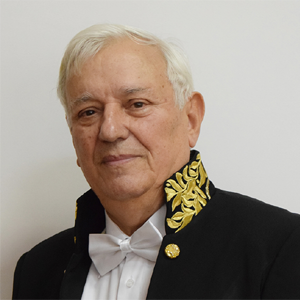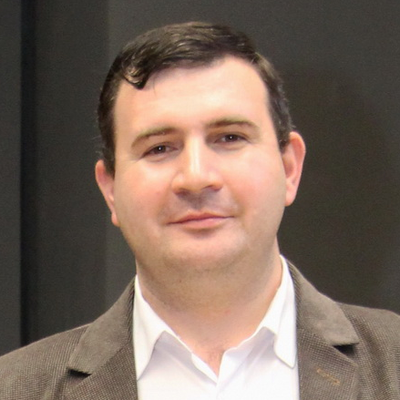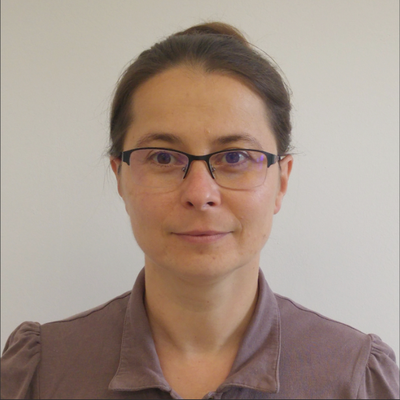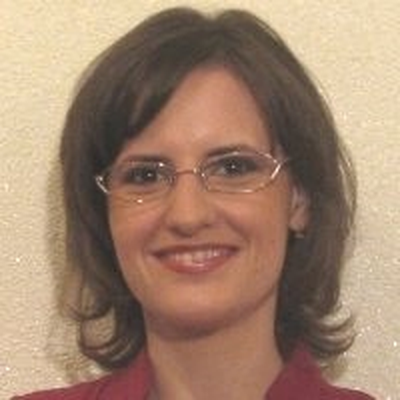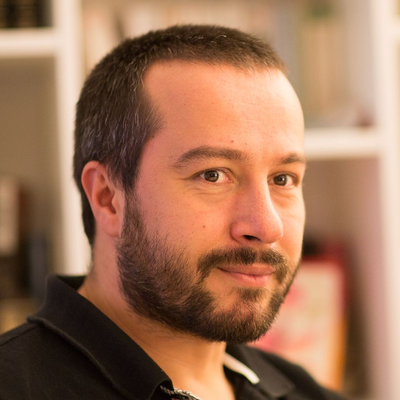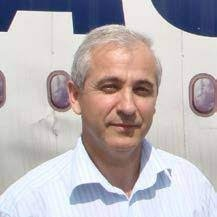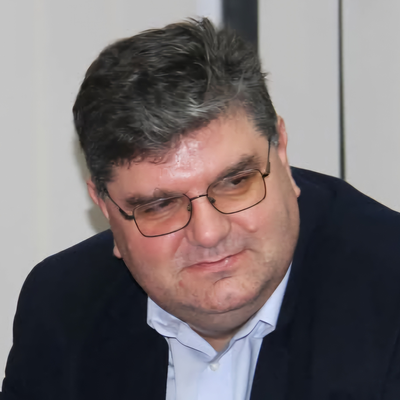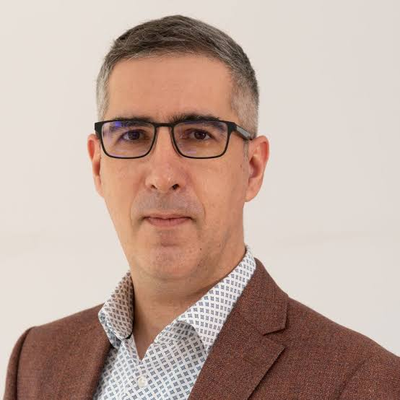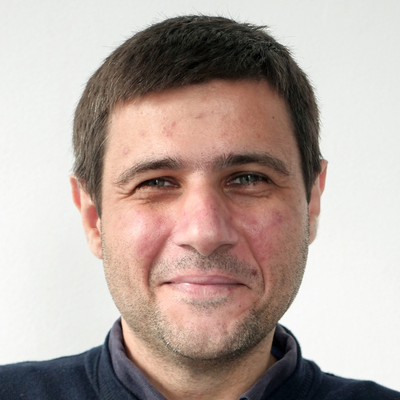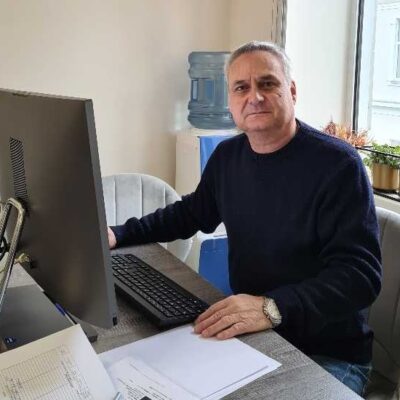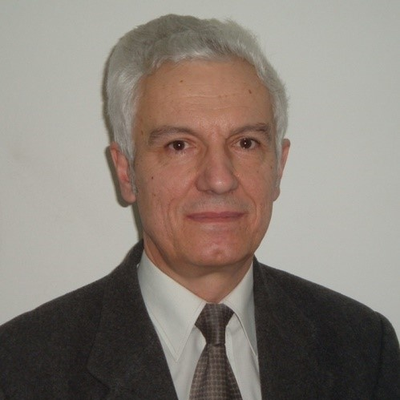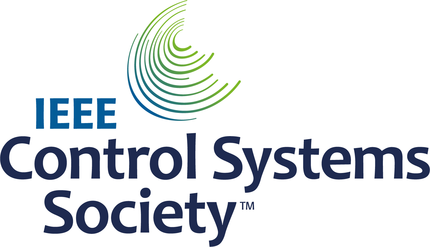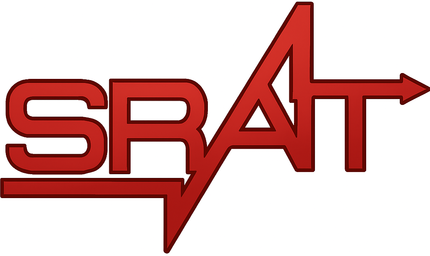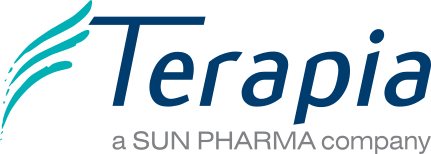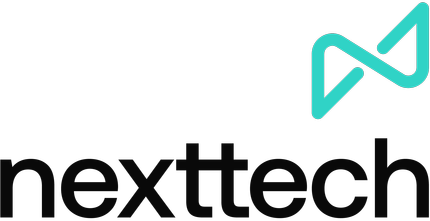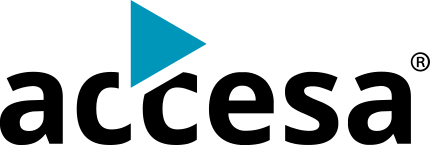About ICSTCC 2025
The Organizing Committee has the pleasure of inviting you to participate in the 29th International Conference on System Theory, Control and Computing, which will be held in Cluj-Napoca, Romania, on October 9-11, 2025, at DoubleTree by Hilton Cluj - City Plaza.
ICSTCC 2025 is technically co-sponsored by the IEEE Control Systems Society and is organized by:
- Faculty of Automation and Computer Science, Technical University of Cluj-Napoca
- Faculty of Automatic Control and Computer Engineering, "Gheorghe Asachi" Technical University of Iaşi
- Faculty of Automatic Control, Computers, Electrical and Electronics Engineering, "Dunărea de Jos" University of Galaţi
- Faculty of Automation and Computing, Politehnica University of Timișoara
- Faculty of Automatic Control and Computer Science, National University of Science and Technology Politehnica București
- Faculty of Automation, Computers and Electronics, University of Craiova
ICSTCC 2025 aims to provide a unique, multidisciplinary forum, for scientists of academia and industry to discuss the state of the art and the new trends in system theory, control and computer engineering, and to present recent research results and prospects for development in this rapidly evolving area.
The conference joins four previous scientific meetings hosted by University of Craiova (SINTES - International Conference on System Theory and Control), "Gheorghe Asachi" Technical University of Iaşi (SACCS - International Symposium on Automatic Control and Computer Science), "Dunărea de Jos" University of Galaţi, (SIMSIS - International Symposium on Modelling, Simulation and Identification Systems), and Politehnica University of Timișoara (CONTI – International Conference on Technical Informatics).
As well as the previous editions, ICSTCC 2025 will be technically co-sponsored by IEEE Control Systems Society and the Proceedings will be submitted to IEEE Xplore Digital Library. Moreover, the Proceedings of the 2013 to 2022 editions, and the latest 2024 edition, are indexed in Clarivate Analytics Web of Science.
ICSTCC 2025 will feature several kinds of presentations including invited talks, contributed papers, invited sessions and contributions from industry. The outcome of ICSTCC 2025 is hoped to be an inclusive event, a comprehensive view and a better understanding of such leading research areas: automation, control systems, robotics, computers, electronics and electrical engineering.
The conference will be held in Cluj-Napoca, the main city in Transylvania. With its rich historical and cultural heritage, Cluj-Napoca is an intellectual center with an active society, renowned universities, museums, theatres and eye-catching architecture.
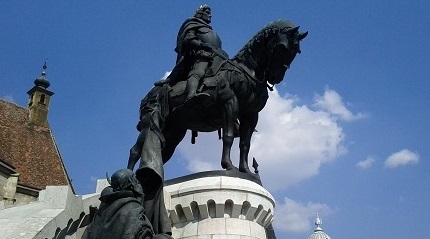
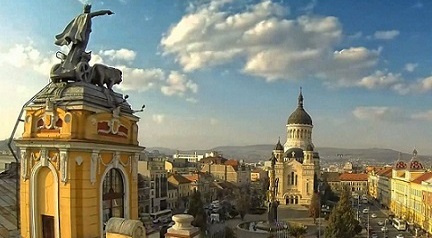
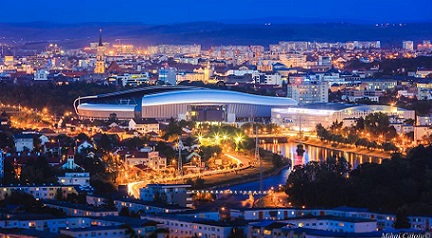
Cluj is an important academic, industrial and commercial center. It is a dynamic multicultural and diverse city with a population of around 350000 inhabitants and 120000 students.
Due to its location (equal distance between two East-European capitals, Bucharest and Budapest) and its economic situation, Cluj-Napoca is easy to reach by different means of transport: plane, car, bus or train.



